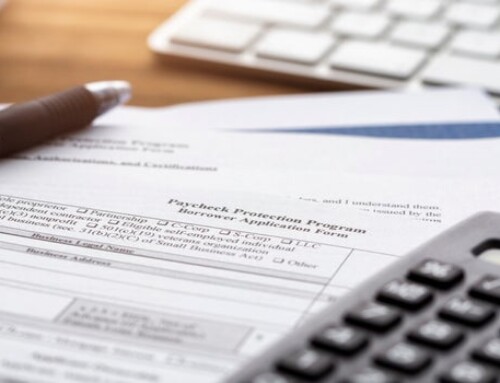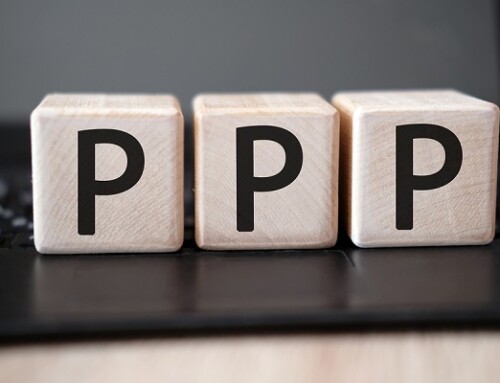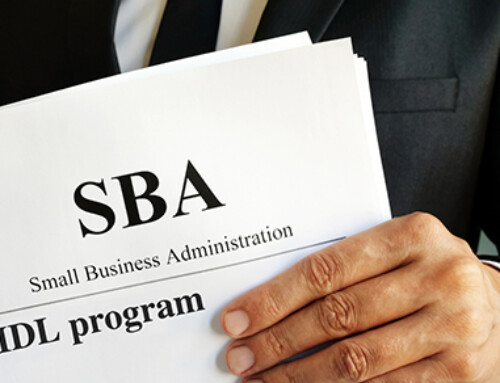If you have employees, you can reimburse them for business expenses or give them an advance or allowance to cover business expenses. This includes (but is not limited to):
- Necessary transportation
- Business entertainment
- Meals
- Lodging
- Other travel expenses
These payments can either be treated under an accountable or unaccountable plan. What’s the difference? Following are the requirements for both types of plans:
1.Accountable:
Employees:
- Must pay or incur deductible expenses while performing services as your employee
- Must adequately account to you for these expenses within a reasonable period of time
- Must return any excess reimbursement or allowance within a reasonable period of time
Also note that: You are allowed to deduct expense reimbursements to employees who comply with the terms of the plan as business expenses (limited to 50% for meals and entertainment), but these reimbursements are:
- Excluded from the employee’s gross income
- Not reported as wages or other compensation on the employee’s W-2
- Exempt from federal income tax withholding and employmen
2. Non-accountable:
A non-accountable plan is an arrangement that does not meet the requirements for an accountable plan. All amounts paid or treated as paid under a non-accountable plan are reported as wages on Form W-2. The payments are subject to income tax withholding, social security, Medicare and federal unemployment taxes. You can deduct the reimbursement as compensation or wages only to the extent it meets the deductibility tests for employees’ pay.





